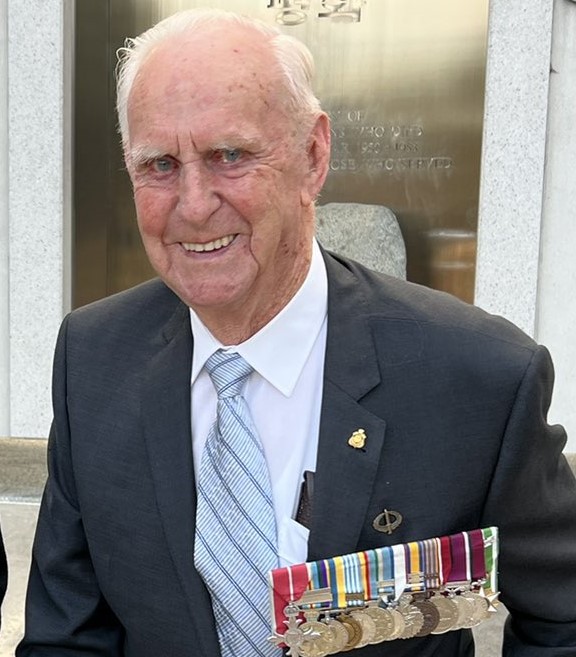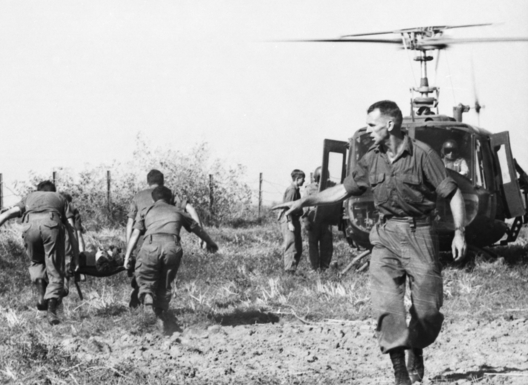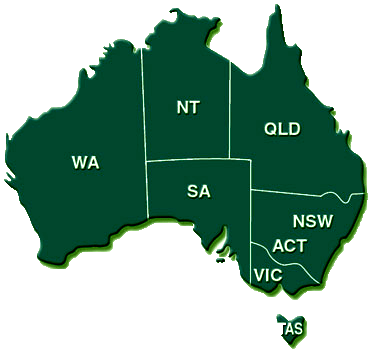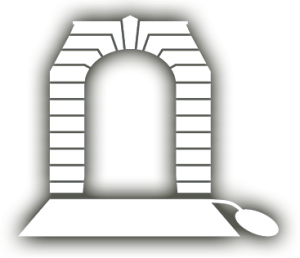There are soldiers, plus others who stand out from the crowd, then those few who might be deemed exceptional.
The latter don’t need to be remarked upon for some single or multiple gallant behaviour, simply that they understand their tradecraft and, if entrusted with leadership responsibility know how to inspire their subordinates.
They instinctively understand the difference between example and compunction when compassionate understanding will often motivate rather than fear of punishment or rebuke.
All these characteristics are part of their leadership set, to ensure their subordinates have the prerequisite skills to perform what is asked or expected of them.
Some learn these skills through training and experience, an exceptional few have them in their genes.

Norman Herbert Goldspink was born in Perth, Western Australia on December 10, 1927.
Growing up on a vineyard at Herne Hill in the 1930s was tough on a young bloke who was required to help his parents and his six siblings struggle to survive.
Education was a low priority, particularly when US forces occupied the local primary school, requiring an 18km bike ride to a town even further away.
For a man who later developing an annoying obsession in the cleanliness and serviceability of boots, Norm never, ever wore shoes until he started high school, which he left with just a basic education, aged 14.
With two brothers already in the army Norm expected he too would enlist, but his mother refused to sign the early enlistment papers before the war ended.
A brief flirtation with a navy career was quickly quashed by his returned brothers, so he worked as a labourer until he had saved £500 to put a deposit on his own vineyard.
It was an enormous amount, but not enough to satisfy the bank, so he reasoned six years in the army as a sapper would provide the extra cash he needed.
It was a momentous decision which would impact thousands of Australian Army personnel for nearly four decades.
Rather than becoming a sapper he found himself an infantryman in 1 RAR enroute to Korea, where Australians were involved in another war.
He served in both 1 and 2 RAR, and with the Reinforcement Holding Unit in Hiro, Japan.
After two years in Korea his leadership potential had already been recognised, but he would return to Australia to instruct National Servicemen, starting the career path which made him such a profound influence on all those who passed through his care.
He was a drill sergeant at both Duntroon and Scheyville officer training units, then to Vietnam as CSM C Company, 5 RAR, where he distinguished himself on February 14, 1967 when a mine wiped out company HQ.
Norm Goldspink took temporary command of the company and supervised casualty evacuation.

On return to Australia he was appointed RSM, Duntroon, then the most prestigious warrant officers’ appointment in the army.
In his four years as RSM, seven classes passed through, and in April 1970 he choreographed the presentation of new colours to RMC by HM, the Queen.
He was appointed a Member of the Order of the British Empire.
Norm Goldspink’s influence was evident in many cadets who rose to high rank, including General Sir Peter Cosgrove.
No speck of dust escaped his steely gaze, no badge displayed a blemish, no uniform crease deviated from regulation, no haircut strayed from tonsorial perfection as he inspected, drilled, cajoled and inspired his cadets.
Naturally some did, but woe betide the cadet, present or former, whose wretched attention to military sartorial elegance failed to meet his high standards, even in shared retirement.
After postings as Apprentice School and then Infantry Centre RSMs, he returned to RMC on promotion to captain to be the director of all the college’s ceremonial, though he felt his lack of formal education could be a hindrance.
None who knew this exceptional soldier believed that for a moment.
Norm Goldspink died aged 96 on Jan 10, in Canberra.
His wife Lois predeceased him and he is survived by his children and grandchildren, and thousands of fellow soldiers who remain ever grateful for having been privileged to have known and served with him.


